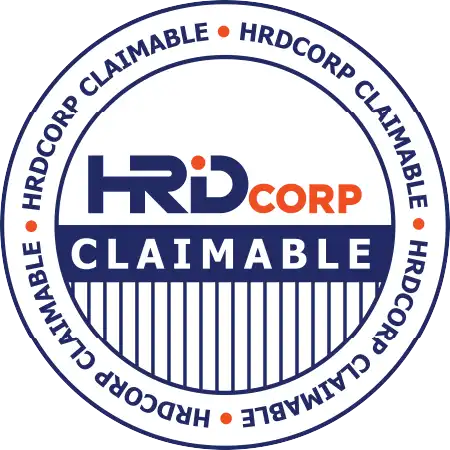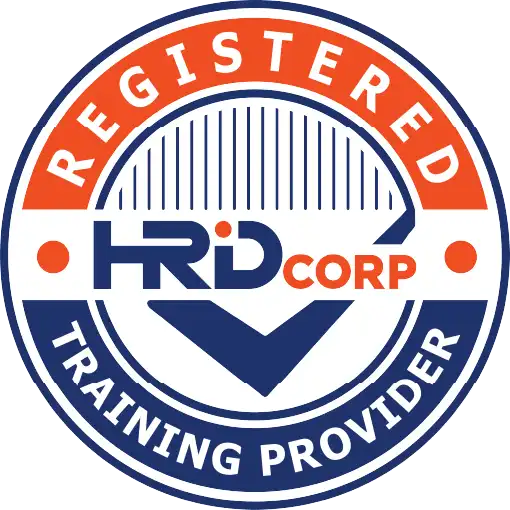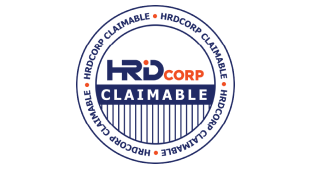Session 1: Introduction to Industry 5.0
– Definition and evolution of industrial revolutions
– Overview of Industry 5.0 as the fusion of human and technological capabilities
– Key principles and characteristics of Industry 5.0
Session 2: Human-Centric Manufacturing
– Importance of human collaboration and interaction in the manufacturing process
– Role of human skills, creativity, and problem-solving in Industry 5.0
– Enhancing human-machine cooperation and synergy
Session 3: Technologies Empowering Industry 5.0
– Overview of emerging technologies in Industry 5.0 (e.g., Internet of Things, Artificial Intelligence, Robotics)
– How these technologies enable flexible and personalized manufacturing
– Case studies and examples showcasing the application of technologies in Industry 5.0
Session 4: Digital Transformation in Manufacturing
– Role of digitalization and data-driven decision making in Industry 5.0
– Integration of digital technologies in the manufacturing value chain
– Leveraging data analytics and connectivity for optimized production processes
Session 5: Smart Manufacturing Systems
– Introduction to smart factories and intelligent automation systems
– Implementing advanced sensing and monitoring technologies for real-time insights
– Benefits of smart manufacturing in terms of efficiency, productivity, and quality
Session 6: Human-Machine Interfaces and Interaction
– Designing intuitive and user-friendly interfaces for human-machine interaction
– Collaborative robotics and cobots in Industry 5.0
– Ensuring safety and ergonomics in human-machine environments
Session 7: Reskilling and Upskilling the Workforce
– Importance of reskilling and upskilling for Industry 5.0
– Identifying the skills needed in the new manufacturing paradigm
– Strategies for workforce development and continuous learning
Session 8: Challenges and Opportunities in Industry 5.0
– Discussion on potential challenges and barriers in adopting Industry 5.0
– Exploring opportunities for innovation, growth, and sustainability
– Key considerations for successful implementation and transformation
Session 9: Case Studies and Best Practices
– Examination of real-world case studies demonstrating successful Industry 5.0 implementation
– Highlighting best practices and lessons learned from leading companies
– Extracting insights and actionable takeaways for participants
Session 10: Action Planning and Next Steps
– Guided action planning for participants to apply Industry 5.0 concepts in their own organizations
– Identifying areas for improvement, setting goals, and defining the next steps
– Resources, tools, and support available for continued learning and implementation






